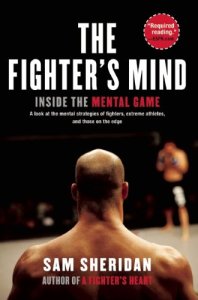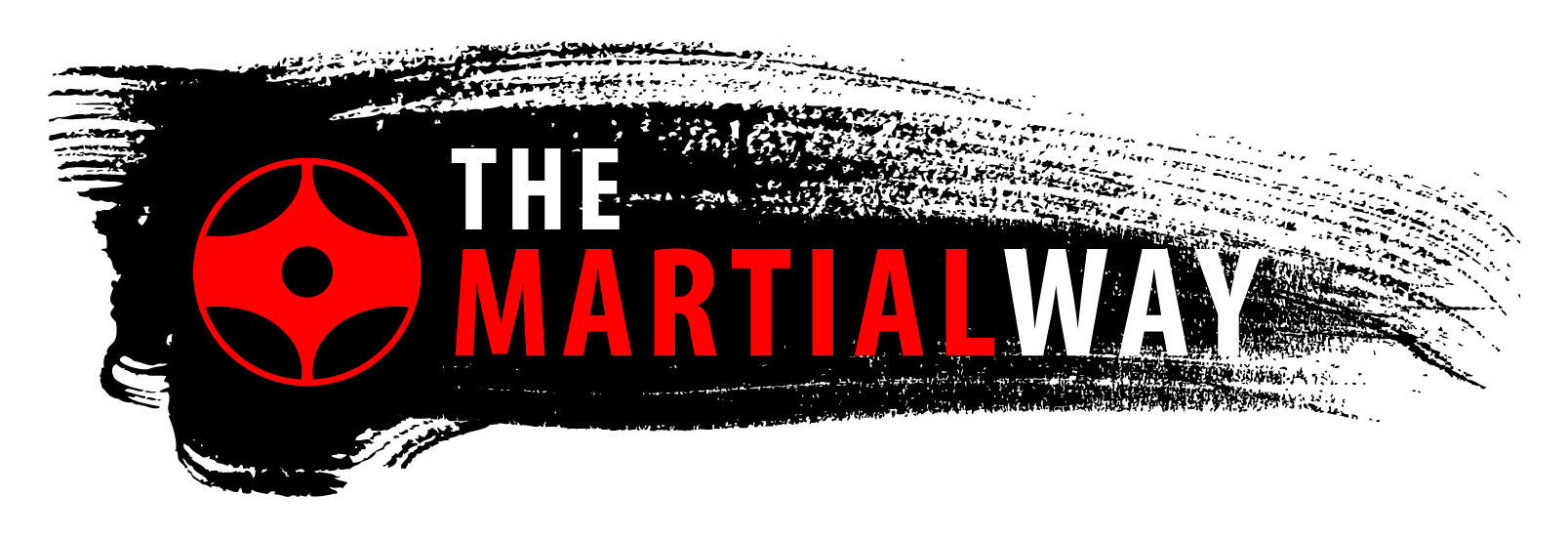
The Fighter’s Mind, was an amazing read and an incredible insight into the mind of the competitive athlete. Sam Sheridan spends time with various sport celebrities, not only in the combat world, but outside as well. Wrestling icon Dan Gable, boxing coach Freddie Roach, mma trainer Greg Jackson, fighters like Renzo Gracie and Randy Couture, as well as distance runner David Horton. He also speaks with former chess champion and taijiquan champion Josh Waitzkin about moving into jiu-jitsu, and how the training of chess has influenced him.
This is not only one of the best sports books I have read, but one of the best psychology based books as well. If you are at all interested in furthering your game, or enhancing your life outside of your individual sport or martial art, this book will influence you greatly.
I had a difficult time putting it down. I was actually planning on giving it away at the end, but can’t because I couldn’t stop dog-earing it and underlining passages. I will be referring back to it for some time. You will gain as much from learning about the distance runner as a strike coach. How similar the competitive mind is.
The chapter on Renzo was amazing. I didn’t know much about him before, but after reading, it left me wanting to learn more and see him fight.
My personal favourite part of the book was near the end, Down the Rabbit Hole, when Sam truly bridges the gap between Eastern thought and philosophy and Western, like no one I have read before. Many people either scoff at Eastern and Zen philosophy in martial arts, and believe its best left to the movies. However, Sam shows that we might be both speaking a similar language after all. When you read about a Samurai speaking of Mushin, “no mind”, it might just be the same thing as a fighter saying, I couldn’t do anything wrong, I was “in the zone”.
When Applied Sports Psychology describes peak performance:
- Loss of fear – no fear of failure
- No thinking of performance
- Total immersion in activity
- Narrow focus of attention
- Effortless performance – not forcing it
- Feeling of being in complete control
- Time/space disorientation (usually slowed down)
- Universe perceived to be integrated and unified
- Unique, temporary, involuntary experience
It sounds Zen and martial, like something from Musashi, but in fact they are common collated modern experiences of thousands of studied athletes.
I can’t recommend this book highly enough. It really is an amazing read and just learning from these greats alone can’t help but improve how you think on some level.
I will be looking forward to reading Sam’s earlier book, The Fighter’s Heart.
Osu!
